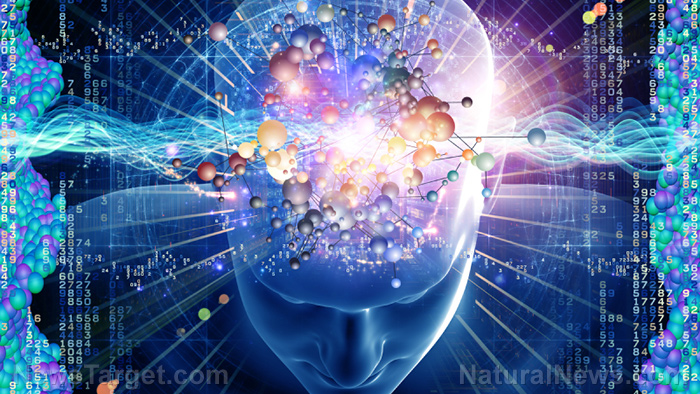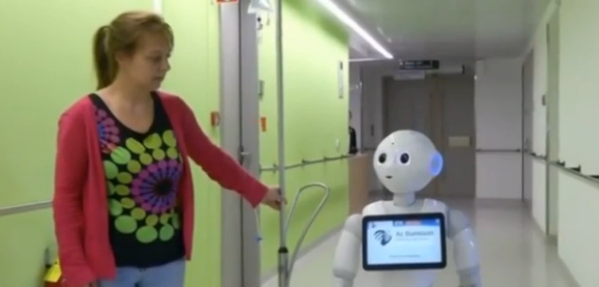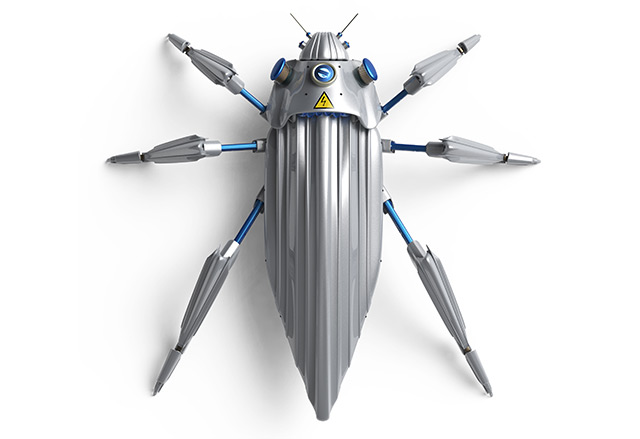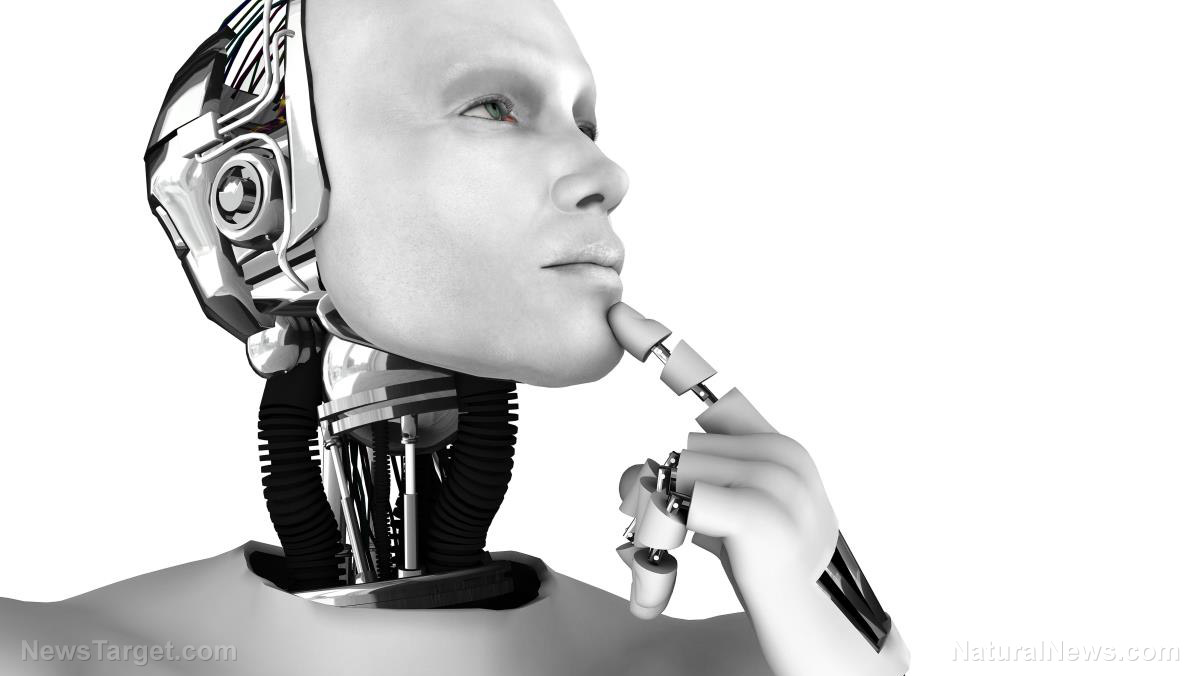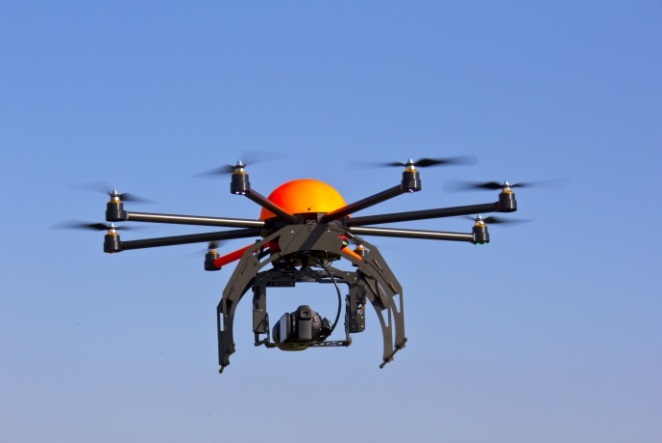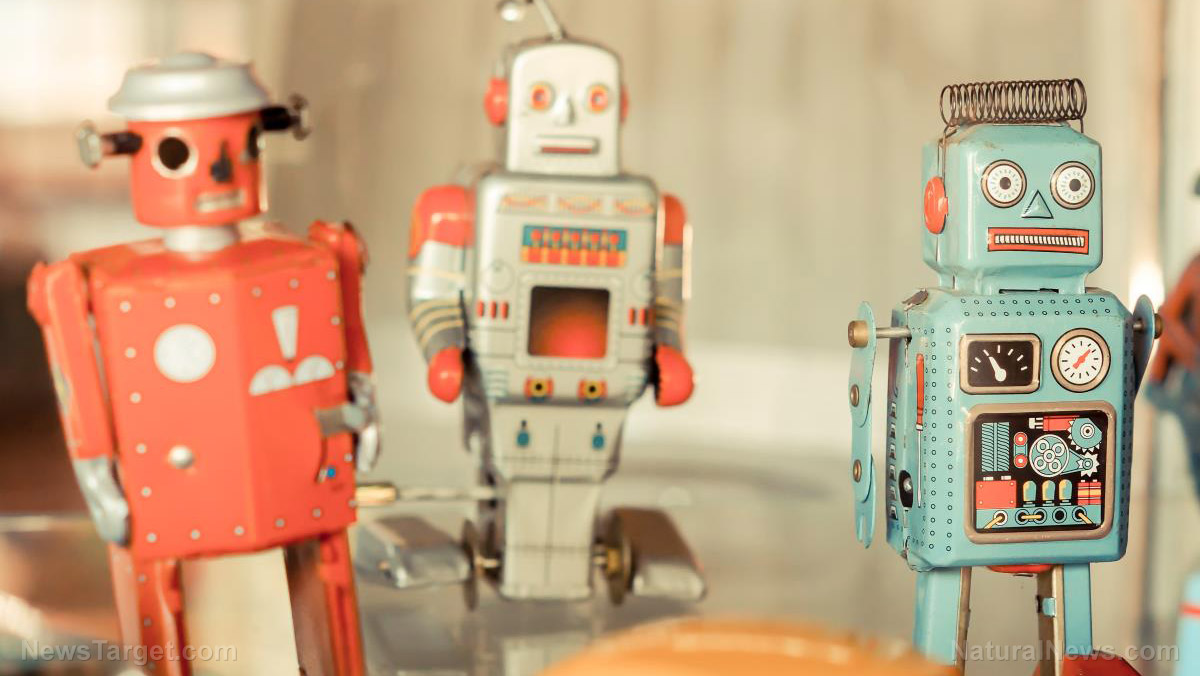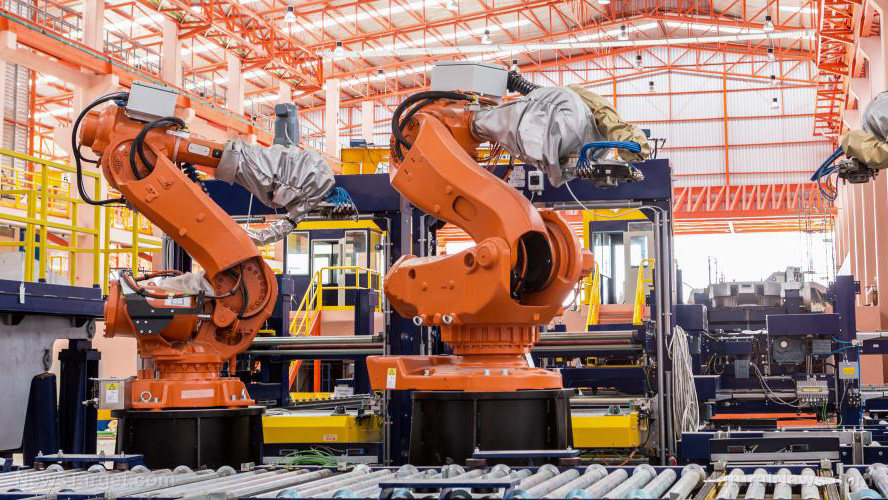In the near future, the top one percent who controls everything won’t be a handful of wealthy bankers. Rather, it will be a group of engineers who own artificial intelligence (A.I.), and in turn, everything else.
We’ve all heard that the robot revolution, which will drastically reshape the economic landscape, is already on the horizon. Estimates suggest approximately 35 percent of all jobs in the U.K. and 47 percent of blue collar jobs in the United States will be taken over by robots.
Fears that machines will take over the economy have been made before, but without much substance. Rather than steal jobs, machines have helped alleviate various burdens and enabled people to pursue more worthwhile projects.
In the late 18th century, for instance, cleric and scholar Thomas Malthus predicted the growing human population would exhaust all available resources. The problem was Malthus failed to consider the technological innovations that burgeoned along with the world’s growing population, which enabled the production of foods and other basic necessities on a mass scale.
A.I. — a friend or foe?
Society is already beginning to feel A.I.’s grip on it. Advances in A.I. have produced cooking systems that can determine when a burger is thoroughly cooked, while an intelligent assistant called Amy, on the other hand, can sort out your email. And just recently, Google has announced that Gmail can now write appropriate responses to incoming email.
Despite the advantages of having A.I., this technology has the potential to exacerbate social inequality in an unprecedented way. Dr. Carl Benedikt Frey, an economist, told The Observer that, “The fastest-growing occupations in the past five years are all related to services. The two biggest are Zumba instructor and personal trainer.”
Frey goes on to note that many workers whose low-end jobs could be replaced by A.I. won’t have the skills necessary for higher-end jobs. “In the 1980s, 8.2% of the US workforce were employed in new technologies introduced in that decade,” he explained. “By the 1990s, it was 4.2%. For the 2000s, our estimate is that it’s just 0.5%. That tells me that, on the one hand, the potential for automation is expanding – but also that technology doesn’t create that many new jobs now compared to the past.”
“There will be people who own the AI, and therefore own everything else,” he says. “Which means homo sapiens will be split into a handful of ‘gods’, and then the rest of us.”
“I think our best hope going forward is figuring out how to live in an economy of radical abundance, where machines do all the work, and we basically play.”
Robots to assure nanny state
The stepping-stones are already in place. An economy run by robots could open the floodgates to a universal income, where citizens are given a monthly allowance by the nanny state. An infrastructure based upon A.I. may make our lives easier, but not without robbing us of our independence.
The biggest challenge facing A.I. is that it is an experiment that has never been run before. As a result, it’s very difficult to predict the social impact it will have.
Like all technologies, A.I. is a double-edged sword. On the one hand, it has the potential to streamline operations and drastically reduce the number of working hours. On the other hand, low-skilled factory workers replaced by A.I. rarely have the skills necessary for higher-end jobs, such as being an app-developer. This may worsen social inequality, where only a few, highly specialized engineers are capable of running the backbone of the economy. At present, there already exists the one percent who controls the backbone of the economy.
The question remains: Do we want this backbone to be made of steel?
Source:
TheGuardian.com







